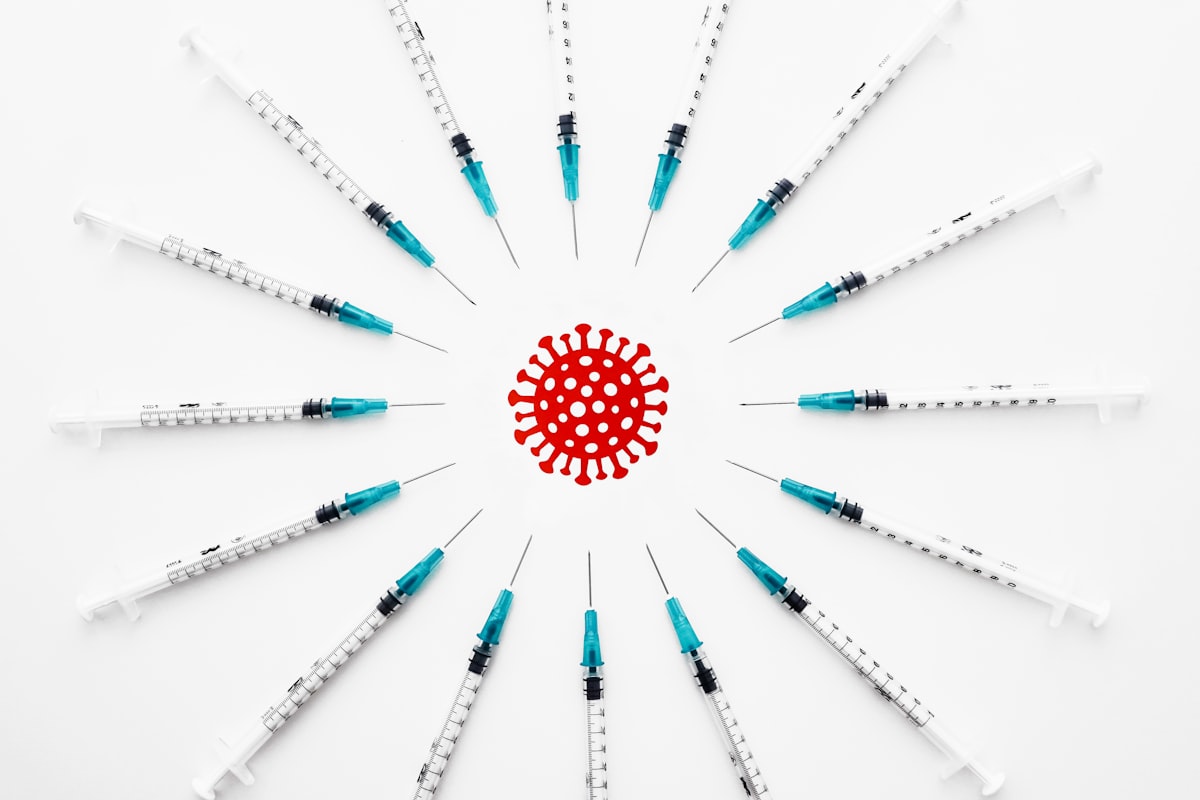Coronavirus transformations: Omicron variant sets the world on alert
Omicron causes COVID-19, with mild to moderate symptoms in many patients. Only in a small number of cases does the disease become complicated and may require intensive care or cause death.





